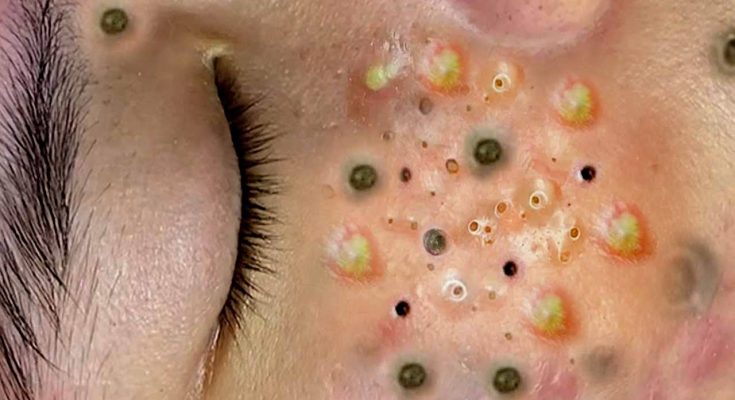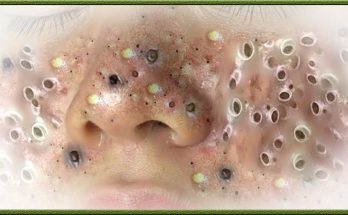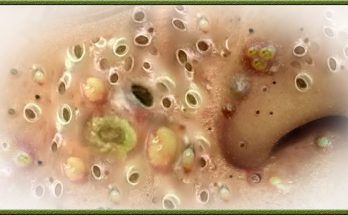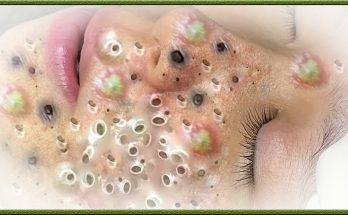A GP can diagnose acne by looking at your skin. This involves examining your face, chest or back for the different types of spot, such as blackheads or sore, red nodules.
How severe your acne is will determine where you should go for treatment and what treatment you should have.
The severity of acne is often categorised as:
- mild – mostly whiteheads and blackheads, with a few papules and pustules
- moderate – more widespread whiteheads and blackheads, with many papules and pustules
- severe – lots of large, painful papules, pustules, nodules or cysts; you might also have some scarring
For mild acne, you should speak to a pharmacist for advice. For moderate or severe acne, speak to a GP.
Acne in women
If acne suddenly starts in adult women, it can be a sign of a hormonal imbalance, especially if it’s accompanied by other symptoms such as:
- excessive body hair (hirsutism)
- irregular or light periods
The most common cause of hormonal imbalances in women is polycystic ovary syndrome (PCOS).
PCOS can be diagnosed using a combination of ultrasound scans and blood tests.
See your GP if you have any typical symptoms of polycystic ovary syndrome (PCOS).
Your GP will ask about your symptoms to help rule out other possible causes, and check your blood pressure.
They’ll also arrange for you to have a number of hormone tests to find out whether the excess hormone production is caused by PCOS or another hormone-related condition.
You may also need an ultrasound scan, which can show whether you have a high number of follicles in your ovaries (polycystic ovaries). The follicles are fluid-filled sacs in which eggs develop.
You may also need a blood test to measure your hormone levels and screen for diabetes or high cholesterol.
Diagnosis criteria
A diagnosis of PCOS can usually be made if other rare causes of the same symptoms have been ruled out and you meet at least 2 of the following 3 criteria:
- you have irregular periods or infrequent periods – this indicates that your ovaries do not regularly release eggs (ovulate)
- blood tests showing you have high levels of “male hormones”, such as testosterone (or sometimes just the signs of excess male hormones, even if the blood test is normal)
- scans showing you have polycystic ovaries
As only 2 of these need to be present to diagnose PCOS, you will not necessarily need to have an ultrasound scan before the condition can be confirmed.
Referral to a specialist
If you’re diagnosed with PCOS, you may be treated by your GP or referred to a specialist, either a gynaecologist (a specialist in treating conditions of the female reproductive system) or an endocrinologist (a specialist in treating hormone problems).
Your GP or specialist will discuss with you the best way to manage your symptoms. They’ll recommend lifestyle changes and start you on any necessary medicine.
Follow-up
Depending on factors like your age and weight, you may be offered annual checks of your blood pressure and screening for diabetes if you’re diagnosed with PCOS.



